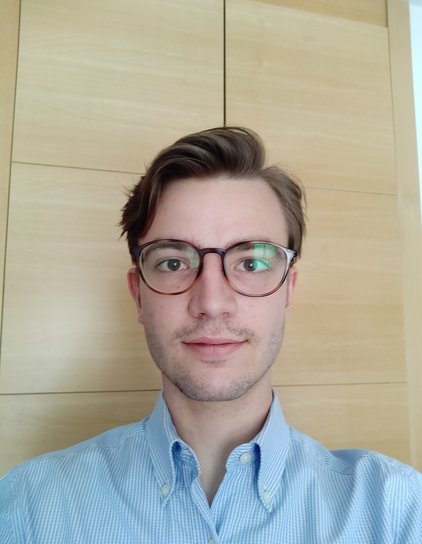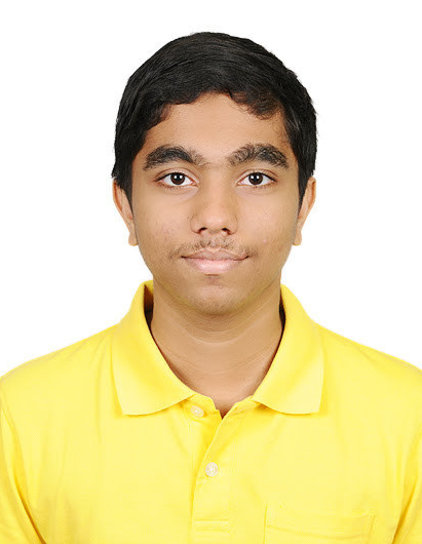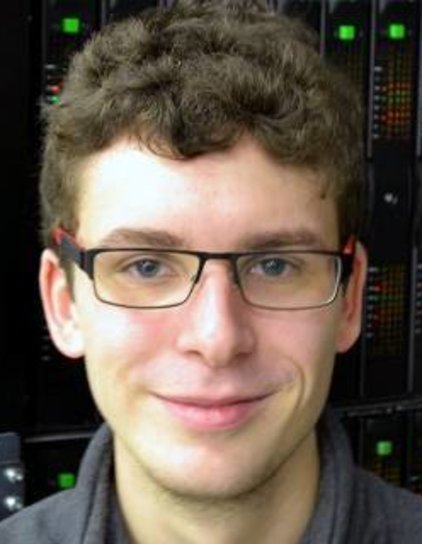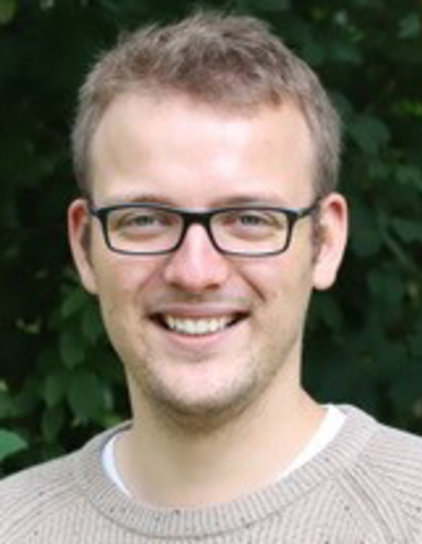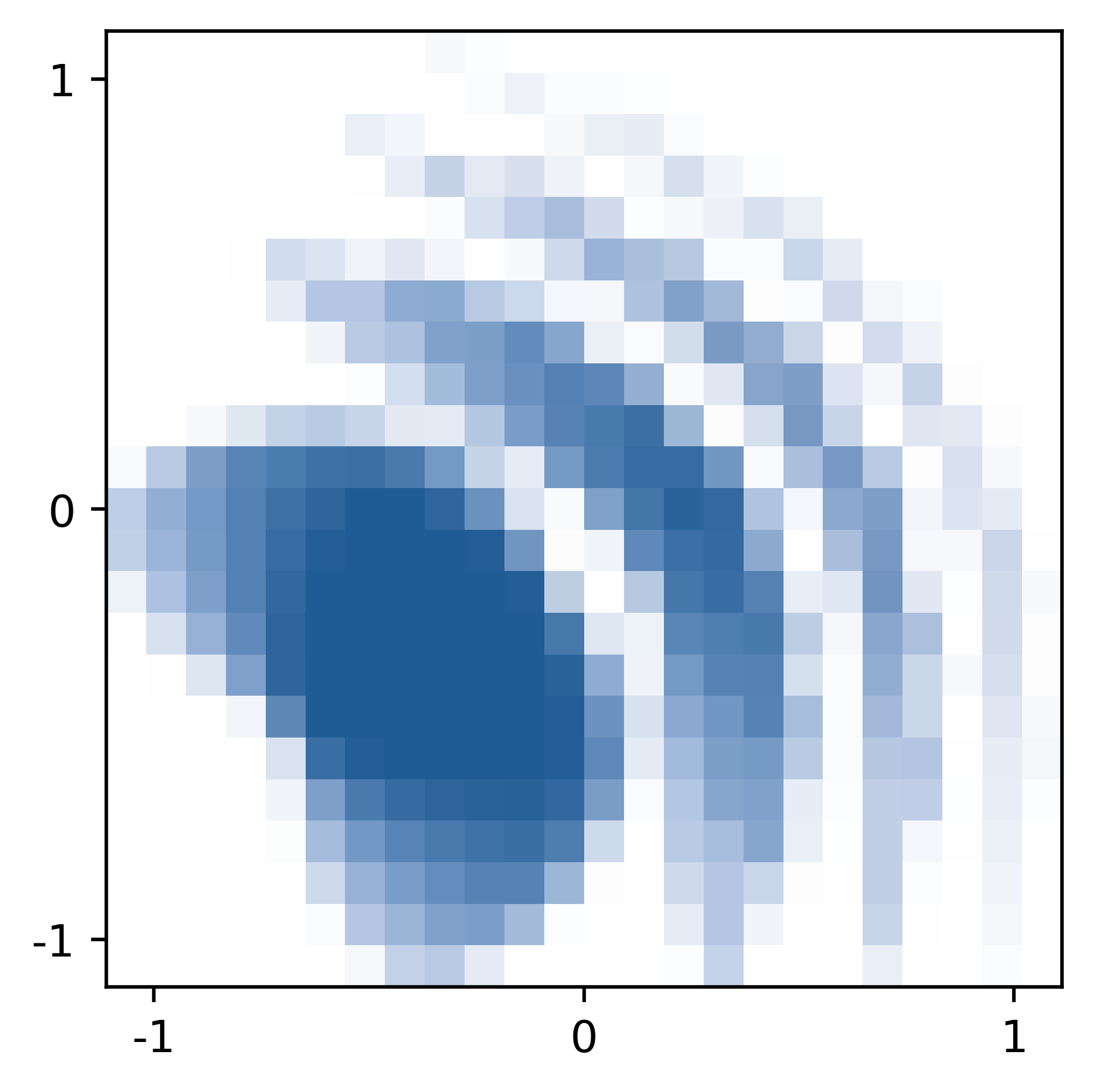
About#
You are looking at the home page (https://cs.mpsd.mpg.de) of the the Computational Science scientific support unit at the Max Planck Institute for Structure and Dynamics of Matter in Hamburg, Germany.
Mission#
Many scientists need to use computational methods to support their work: ranging from processing and plotting of experimentally captured data to running large-scale simulations on high performance computing hardware.
Our mission is to support scientist with these activities. Our services range from providing help for small enquiries to long-term collaboration to jointly tackle more ambitious goals.
Our aim is to enable MPSD scientists to use state-of-the-art computational and software engineering techniques that (i) make the research process more effective, more flexible and more reproducible, and (ii) are acceptable and appropriate for the computing skills/interest of the scientists.
Our research activity is in the area of computation for science, including software engineering for science, workflows for data analysis, visualisation, and computer simulation methodology. Our work is driven by collaboration with domain specialists - please get in touch to explore options.
How can we help? - Example activities#
Do /get in touch/ if any of the following topics are of interested to you:
How to manage different versions of your analysis scripts / software? (Version control)
How to work together with others on software? (version control, github/gitlab)
How to worry less about breaking existing functionality when you extend/change software (automatic tests, continuous integration)
Can I automate my analysis done in Excel / Origin / … ?
My program or data analysis is too slow - what can be done?
Consider making your software open source?
How to visualise my data?
How to make my data analysis more reproducible?
Do you need to move your calculations to a high performance computing resource?
Are you planning a new piece of software and would like to brainstorm a structure?
Would you like to refactor your software to be more maintainable and usable in the future?
…
We can help to with the above (and other) questions: we can discuss the problem at hand, try to find a solution that is appropriate for your team, provide relevant training and advice, or take an active role in implementing the solution.
People#
 Prof Dr Hans Fangohr, Head of group
Prof Dr Hans Fangohr, Head of groupDr Swapneel Amit Pathak, Machine learning in magnetism (postdoc)
Dr Andrea Petrocchi, Magnetic multiscale modelling, ML and workflows (postdoc)
Former group members#
Contact#
There are multiple ways of getting in touch:
by email, please use ssu-cs@mpsd.mpg.de for general queries
You can also use the
#computingstream in MPSD’s Zulip instance to raise queries, or browse if your question was discussed (and answered?) before.Create support requests by emailing gitlab+mpsd-cs-tickets-29140-issue-@gwdg.de
Of course you can contact group members directly (by Email, Zulip or in person)
Last updated: 30 Jun 2025 at 10:02:59



